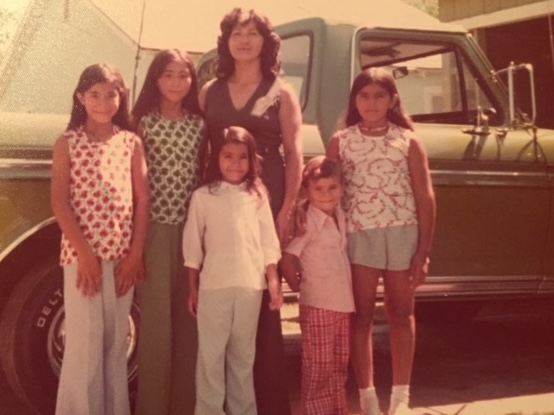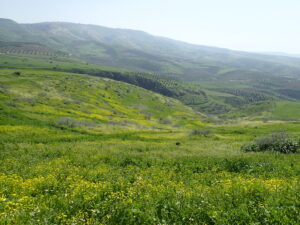By ELLYN GAYDOS
I live on a wooded road posted with NO TRESPASSING PROPERTY OF GEORGE FUDGE signs. In addition to being a large landowner, George Fudge rents out dumpsters, and is rumored to be an ex-con and confirmed to be a minister. When the season is right, he plows snow. He’s plowed my driveway more than once for free. I am surrounded by good intentions. On the wall of the post office there is a note that says, I am an honest girl, written by a customer who took a card costing $2.99 and left $3. The town maintains a free rack of clothing outside the dollar store, kids’ jumpers and XL T-shirts fluttering brightly.
I work on a small vegetable farm carved out of hayfields owned by the local high school and woods owned by the local commune. The other young farmers and I grow food for a hundred families that come each week to get shares of vegetables, which begin in spring as ephemeral greens and end in winter as sacks of beets and potatoes.
Home from work with a heavy trash bag of compost for my pigs, I find the escaped animals locked in the chicken coop. They got out in the unwatchful summer afternoon, their snouts bending up the bottom of the fence to roam undeterred past illegible PRIVATE PROPERTY signs. They were escaping their squalid pen out of pure misery, I think. I had been watching them get shocked trying to push through, seeming genuinely angry, for the past few days, putting off moving the fence out of laziness or a desire to escape the drudgery of what I’d taken on.











